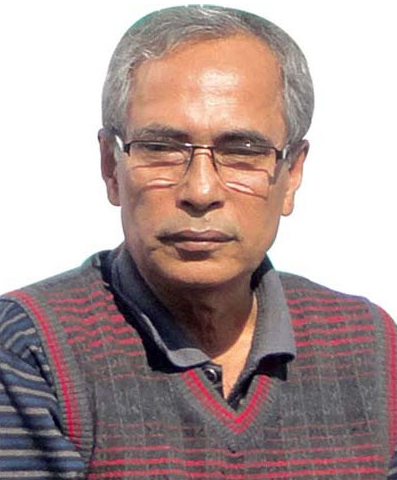Let’s not consign our RTI law to cold storage
The Daily Star, Tue Feb 15, 2022
Shamsul Bari and Ruhi Naz
The title of our column today is inspired by an editorial in Prothom Alo, a popular Bangla national daily in Bangladesh, published on February 5, 2022. Titled “Right to Information: Don’t send the law into a cold storage,” it raised concern about the use of exemption clauses in the RTI law by a public authority to deny information sought by a citizen.
It is reassuring that such an issue was raised by a widely read national daily, bringing into focus one of the most important laws of the land, which has largely been neglected both by the media and the civil society in general. Such neglect has contributed to the failure of the law to attract many users, despite its immense potential in monitoring government work. The reasons for such a failure are not far to seek. Users of the law often encounter many hurdles, as…Read More

